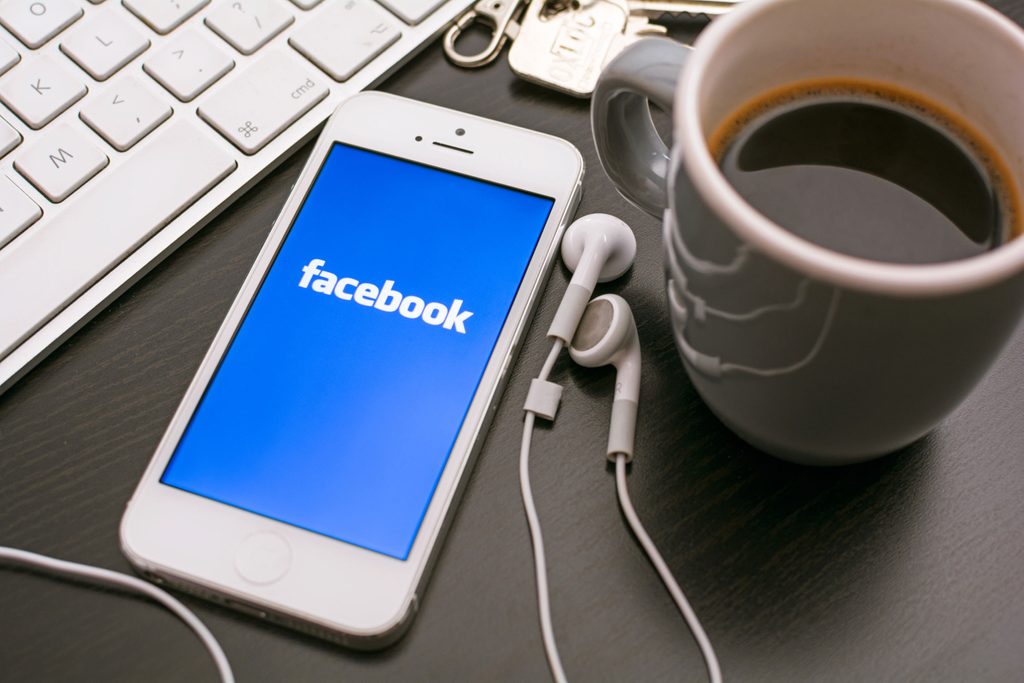Why You Should Quit Facebook Next Week
Updated: Jan. 20, 2017
The time has come to cut back.

By now, you’ve probably heard of studies linking social media use to lower self-esteem and more jealousy—but that doesn’t mean you’re doomed to feel that way forever. Quitting Facebook for just a week could improve mental health, according to a study in the journal Cyberpsychology, Behavior, and Social Networking.
Almost 1,100 Danish adults either quit Facebook for a week or continued logging on as usual in the study. Before and after the study, participants answered questions about their well-being. They rated their life satisfaction and ranked their levels of emotions such as loneliness, happiness, worry, and enthusiasm.
The study also looked into how people’s social media styles affected their results. The amount of time volunteers spent on Facebook and their number of friends gauged how heavily they used the site. Plus, the survey asked if Facebook made the volunteers jealous, and whether they actively posted or passively scrolled.
After a week, those who had stayed off the site reported bigger improvements to life satisfaction and emotional life than those who hadn’t quit. Heavy social media users had the biggest mental health boosts, while those who rarely checked their pages before the study saw no changes. As for those who experienced the most feelings of jealously, their well-being saw improvement, too.
Before you find Facebook’s Deactivate button, the study did have its limitations. Volunteers knew whether they were supposed to quit or continue on Facebook, so they might have felt boosts to their well-being simply because they expected to. Plus, it was impossible to track whether participants cheated. They could have logged on when they weren’t supposed to, or cut down on their social media scrolling because they were more aware of it.
Still, if looking at others’ highlight-reel posts brings you down, you might want to consider cutting back. “Facebook-related envy is a widespread feeling among Facebook users because they are presented with loads of social information that invites social comparison,” writes study author Morten Tromholt of the University of Copenhagen.
Even small tweaks could give you a healthier relationship with your social media feed. “It might not be necessary to quit Facebook for good to increase one’s well-being—instead an adjustment of one’s behavior on Facebook could potentially cause a change,” writes Tromholt. Avoid certain friends’ posts if you tend to get jealous, or cut down on the time you spend on Facebook every day, he suggests. And avoid making these social media mistakes, which can damage your relationships